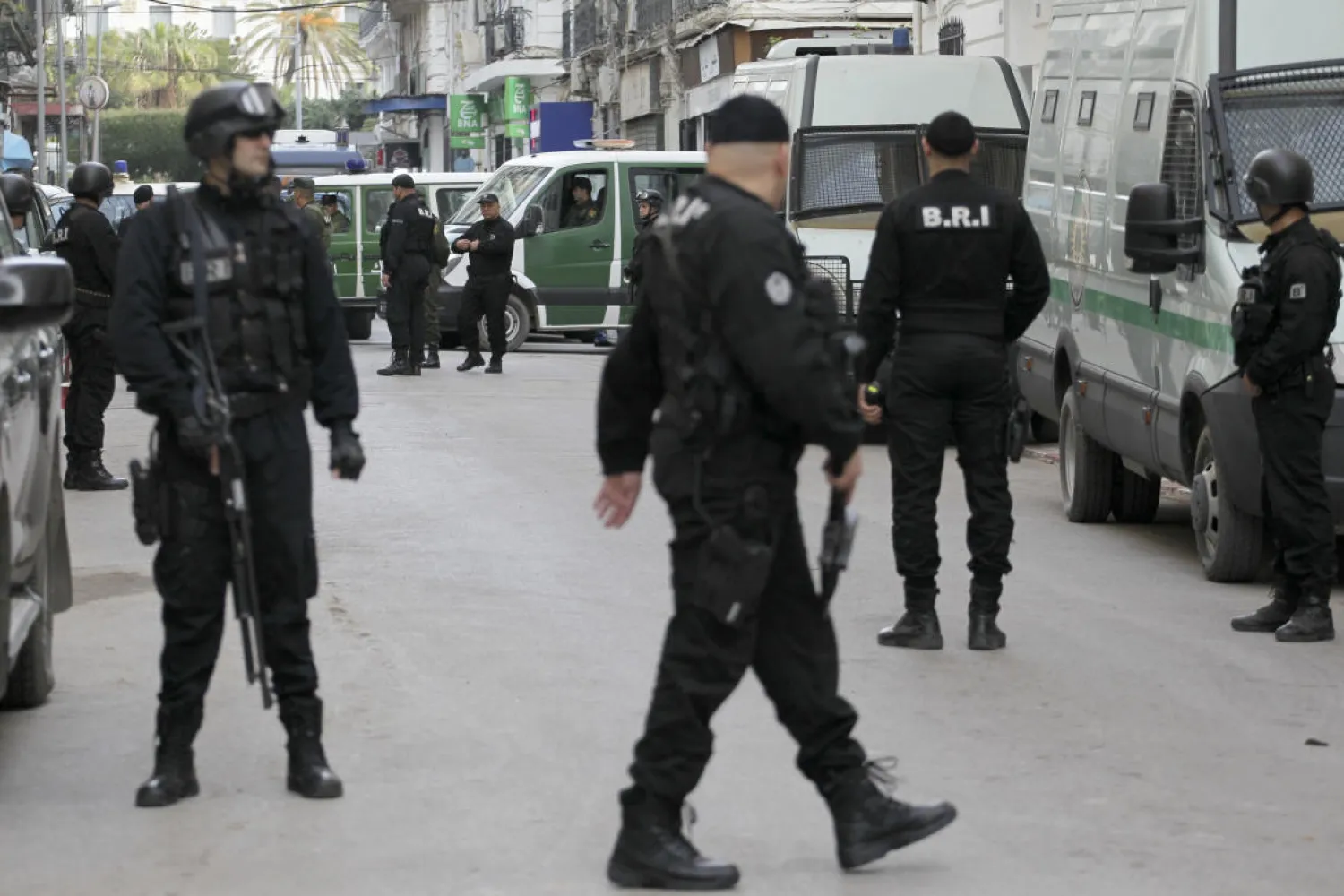Two former Algerian prime ministers went on trial Wednesday on corruption charges, in the most high-profile act of transparency and accountability since a pro-democracy movement pushed out long-serving president Abdelaziz Bouteflika.
The exceptional trial, which is being televised and also involves several other former Algerian power players, comes at a time of renewed political tensions in the oil and gas-rich country, a week ahead of a controversial election to replace Bouteflika.
Ahmed Ouyahia, who was forced out as prime minister in March as protests against Bouteflika escalated, and his predecessor Abdelmalek Sellal, testified Wednesday at the Sidi M’Hamed court in Algiers.
Both are charged with “corruption and the misappropriation of public funds” and both deny any wrongdoing.
Two former industry ministers who served under Bouteflika, influential car industry executives, bankers and other businessmen are also facing charges.
The December 12 presidential election is looming over the trial. Algerians are voting for a new president after Bouteflika, who was in office for two decades, was forced out in April.
The trial was boycotted by defense lawyers, who stayed away because they felt conditions were not met for a fair trial.
Wednesday’s session included evidence of corruption in the car assembly business, a sector encouraged by the government after 2015 in an effort to improve the trade balance in response to lower energy revenue.
“You acted with favoritism when you granted authorizations to set up car assemblies,” the judge told Ouyahia, who denied the charge, saying all permits were granted in accordance with the law.
The prosecution accused Sellal, who was campaign manager for Bouteflika when he planned to stand for another term of office early in the year, of involvement in illegal funding of the campaign. He denied it.
No verdict is expected in the trial this week.
Algerian authorities are hoping the trial helps convince the public that they are serious about fighting corruption and reforming themselves — and persuade them to go out and vote next week. Corruption is a key issue for Algeria’s peaceful, nine-month-old protest movement, which considers the election a sham because it’s organized by the existing power structure. Protesters want a whole new political system instead.
“Only the people can judge whether we have the will to combat corruption,” Justice Minister Belkacem Zeghmati told lawmakers ahead of the trial, describing the alleged corruption as “going beyond all comprehension.”
Next week’s election has been pushed by the army as the only way to end the standoff with the opposition, but the protesters have rejected the vote, saying it cannot be free or fair while the ruling elite, including the military, stay in power.
The protest movement, or Herak, had already been mobilizing tens of thousands of demonstrators every Friday for months, but since the start of the official campaign period, it has also begun protests on other days, ramping up pressure on the authorities.
On Tuesday, Interior Minister Salah Eddine Dahmoune attacked people opposing the election as “traitors and mercenaries.”
He later said his comments were aimed at people based overseas, rather than at the protest movement, but many supporters of the Herak were angered.
“The remarks will only complicate things,” said Ahmed Bachichi, who has been taking part in the weekly protests.









